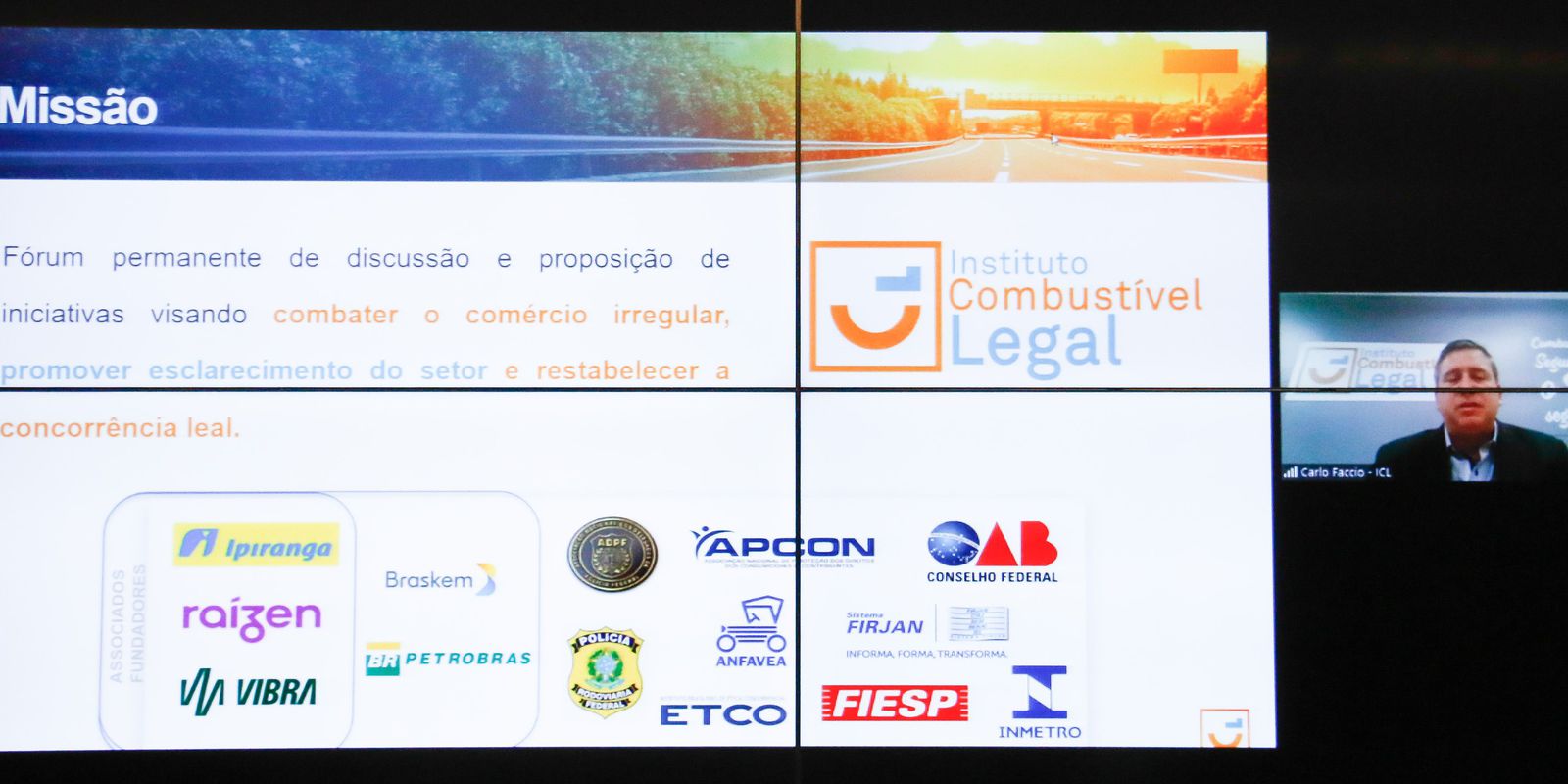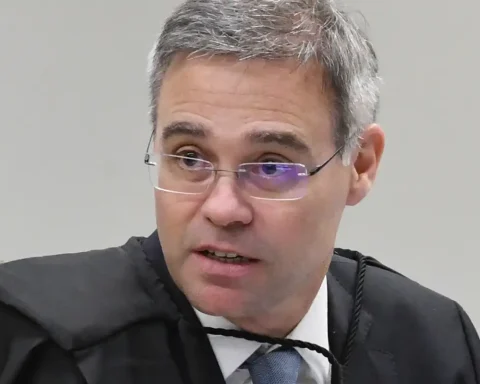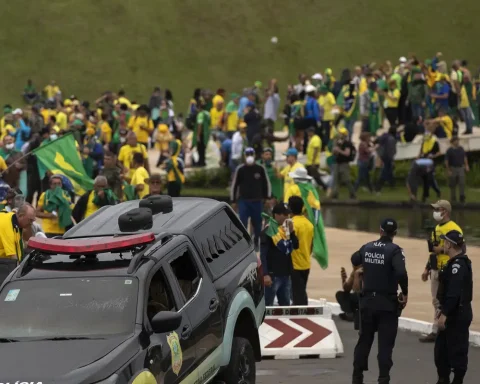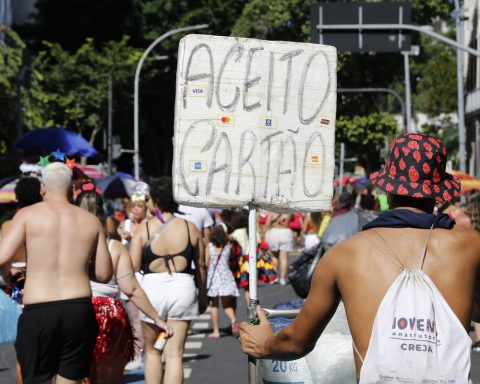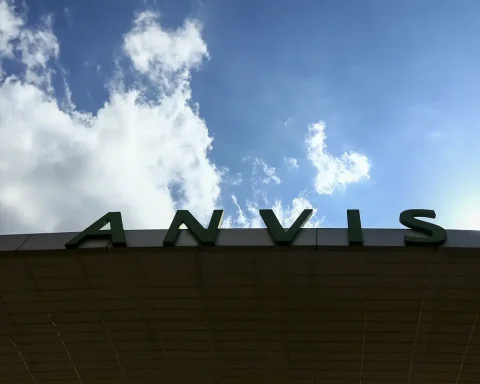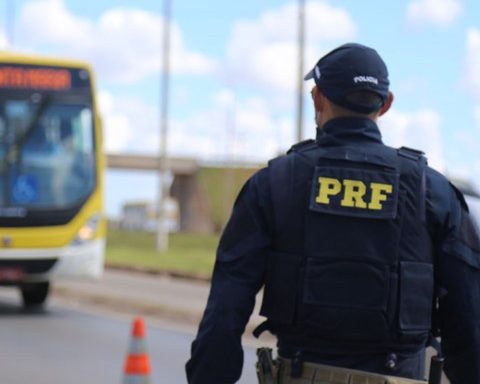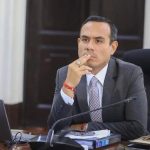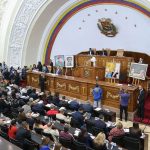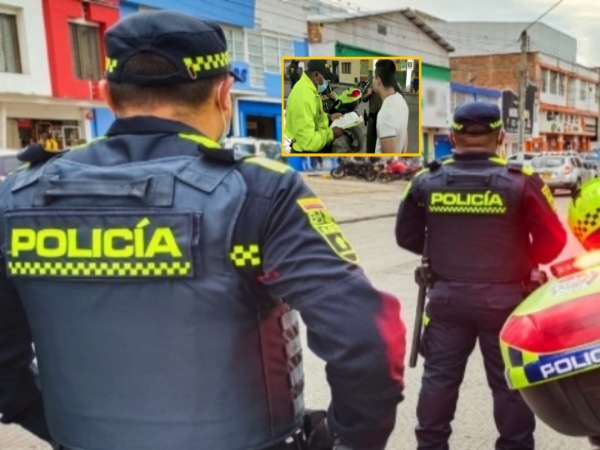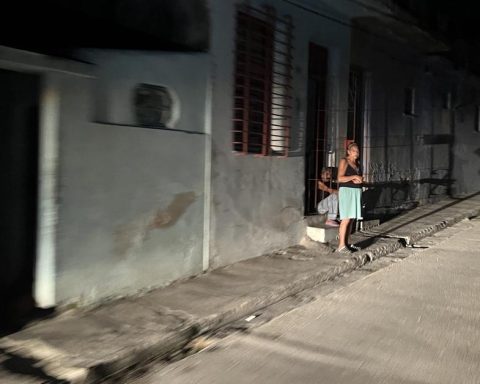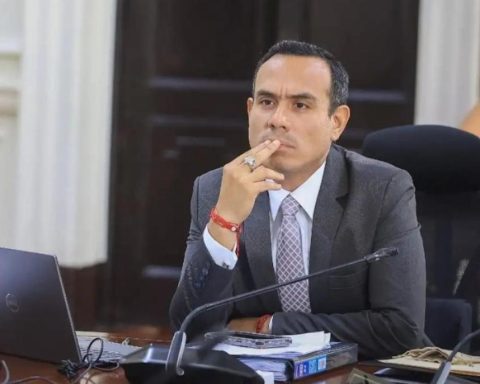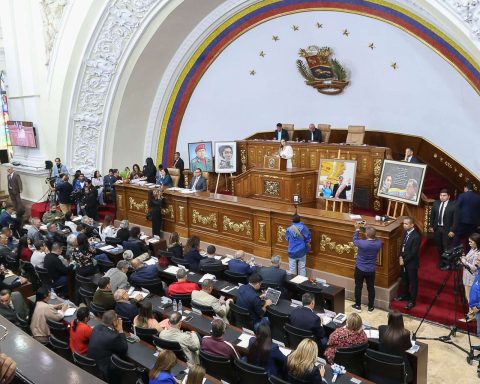The Legal Combustible Institute, which brings together some of the main fuel distributors in the country, defended today (16) the intensification of joint inspection actions by bodies such as the Federal Police, the Public Ministry, Procon and state finance departments, such as one of the measures to combat fraud in the fuel sales sector. According to the institute, in taxes alone, the estimate is that losses are around R$ 14 billion a year.
The issue was debated today (16) at a public hearing at the Financial Inspection and Control Commission of the Chamber of Deputies, after accusations that large fuel distributors are selling the product to gas stations in Minas Gerais and Espírito Santo, but that, in In fact, the sale of the products is taking place in the state of Rio de Janeiro.
In the institute’s assessment, inspection actions are punctual and the bodies involved end up not exchanging information with each other, which ends up giving the feeling that the fight against fraud is all about “mopping up ice”.
“There is a vision of inspection wiping ice by apprehending punctual shipments, but the foundation of fraud is not fought. And most of these irregularity practices are concentrated in tax motivation”, he pointed out.
fictitious sale
The institute denounces that part of the fraud is related to fictitious fuel sales operations between states at different rates from the Tax on Circulation of Goods and Services (ICMS). Taxes for ICMS levied on gasoline range from 25% to 34%. In the case of ethanol, there are 13 different aliquots, ranging from 12% to 32%.
“The fact that there is so much variation [de ICMS] between the states makes the famous fictitious sale possible. Furthermore, the sector is extremely vulnerable considering that there is no product traceability. So, it is a fungible product and when you take it out of the normal commercialization condition, you cannot typify whether it is legal or illegal”, warns the representative of the Carlos Faccio institute.
Faccio cited the example of Rio de Janeiro and São Paulo. In Rio, the rate is 34%, while in São Paulo, 25%. “This difference of 9% means more than R$ 0.85 in the price of gasoline. So, if you cross the river that divides one state from the other, there is a difference of almost R$ 1 at the pump”, he said.
Tax fraud involves tax evasion with practices such as sale of the product without issuance of an invoice, canceled invoices, duplicates for more than one sale, and fictitious interstate sales. According to Faccio, this has generated a liability of around R$ 70 billion in the active debt of the Union.
In addition to this type of fraud, he also recalled that operational frauds, such as those involving cargo tampering, pirate stations, rigged bombs, among others, generate a loss of more than R$15 billion a year in taxes.
Law
According to the institute’s representative, one way would be the approval of more severe punishments for fraudsters. A possible measure would be the approval of a law for the so-called “constant debtor”, the company or entrepreneur that makes tax evasion its business strategy. Under current laws, there is no difference in treatment between a potential debtor and a persistent debtor. The bill would allow for greater action to punish those who repeatedly evade taxes. “With that, the State will have the legitimacy to apply a special regime [de punição]. And so it begins to ensure that a state will not have additional debtors. The remaining liability will be discussed [na Justiça], but from now on there will be no more problems with that chronic debtor”, he defends.
Another point defended was the unification of the ICMS tariff. The fixed amount of ICMS was approved in a bill by the Chamber of Deputies, which is now under analysis by the Senate. “The uniform rate for all states serves to prevent these fictitious interstate transactions. There is now a facility to carry out road transport in Brazil that makes it possible to divert products to any location. And it’s impossible to control it,” he said.
The chairman of the committee, Deputy Aureo Ribeiro (Solidariedade-RJ), announced that he will create a working group to monitor fraud inspection actions in the fuel sector and propose measures for prevention.
